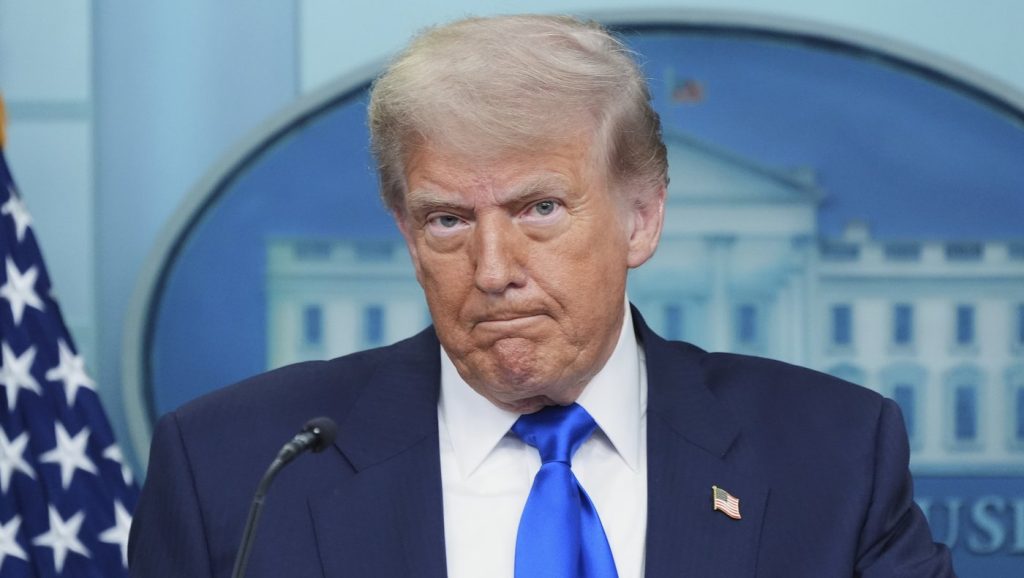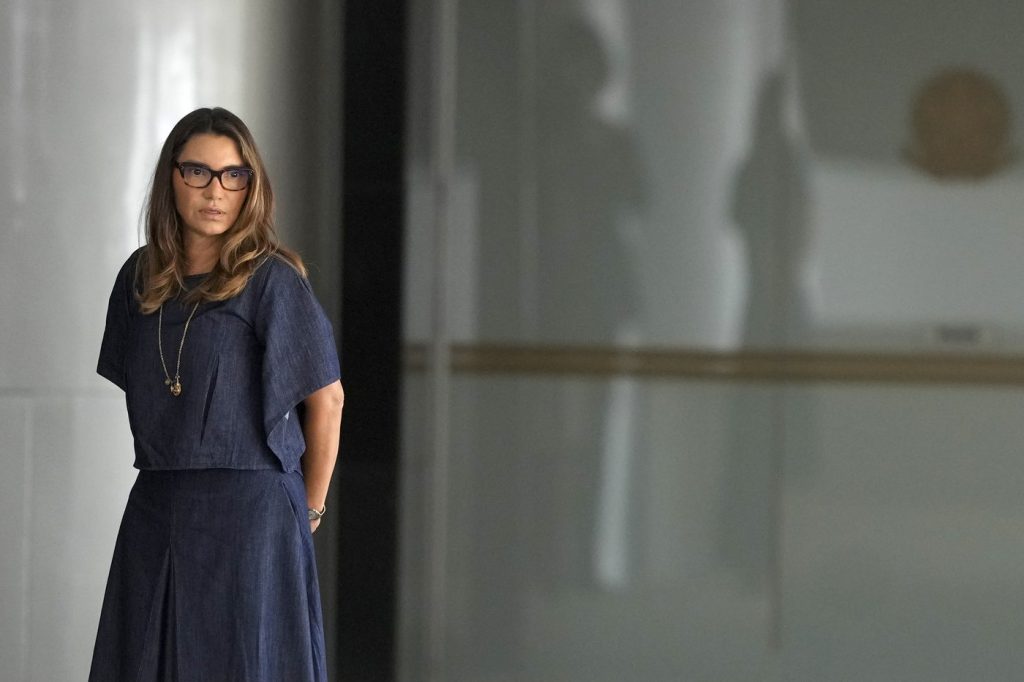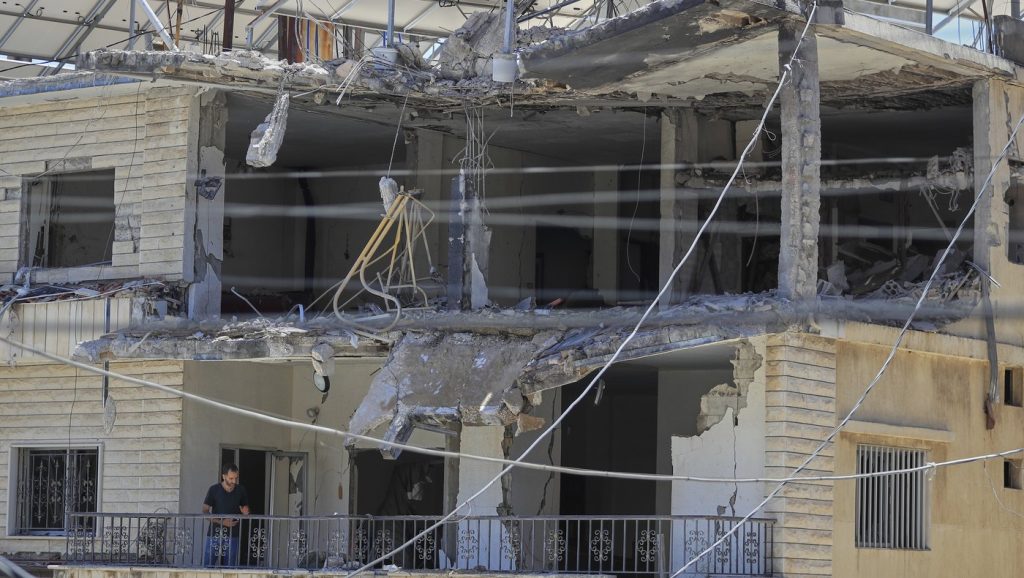DUBAI, United Arab Emirates (AP) — U.S. President Donald Trump expressed optimism on Friday regarding Iran's willingness to allow international inspections of its nuclear program. During a White House news conference, when asked if he would demand such inspections from the Islamic Republic in upcoming negotiations, Trump indicated that Iran would need to cooperate with organizations like the International Atomic Energy Agency (IAEA) or others that the U.S. respects.
Iran's Foreign Minister, Abbas Araghchi, highlighted the complexities surrounding potential new negotiations, which he said have been compounded by a recent American military attack on three Iranian sites that he claimed resulted in “serious damage.” The U.S. was a participant in the 2015 nuclear deal where Iran agreed to limit its uranium enrichment in exchange for sanctions relief, but the agreement fell apart after Trump withdrew the U.S. during his first term. Trump has recently shown interest in new discussions with Iran, suggesting the two sides could meet next week.
In a televised interview, Araghchi left the door open for future talks, but stressed that no specific plans had been made. He remarked, “No agreement has been made for resuming the negotiations. No time has been set, no promise has been made, and we haven’t even talked about restarting the talks.” He portrayed the U.S. military intervention as a significant hindrance to nuclear negotiations.
During Friday prayers, various imams supported Supreme Leader Ayatollah Ali Khamenei's assertion that the recent war had been a victory for Iran. Cleric Hamzeh Khalili, who also serves as the deputy chief justice, declared that those accused of espionage in favor of Israel would face prosecution in a “special way.” Reports indicate that Iran executed several individuals during the war on espionage charges, raising concerns about potential future executions after the conflict.
The ongoing hostilities saw Israel launching repeated strikes against Iran since June 13, targeting nuclear sites, defense systems, and military officials. Israeli claims suggest that around 30 Iranian commanders and 11 nuclear scientists were killed, with the attacks affecting eight nuclear-related facilities and over 720 military infrastructure sites. The Human Rights Activists group reported more than 1,000 deaths, including 417 civilians, during this period.
In retaliation, Iran launched over 550 ballistic missiles toward Israel, with some successfully reaching their targets, resulting in 28 fatalities. Israeli military spokesperson Brig. Gen. Effie Defrin stated that although the military had achieved some of its operational objectives, vigilance was still necessary against Iranian intentions.
In a decisive military move, the U.S. struck three of Iran's nuclear facilities using bunker busters delivered by B-2 bombers, which are designed to penetrate deep into the ground. While Iran retaliated by targeting a U.S. base in Qatar, it reportedly did not cause any casualties. Trump claimed that the U.S. attacks “completely and fully obliterated” Iran’s nuclear program. However, Khamenei accused Trump of overstating the actual damage, asserting the strikes yielded no significant results.
In response, Trump asserted that the sites were “bombed to hell” and urged Khamenei to acknowledge the extent of the defeat. A senior Israeli military official stated that their intelligence suggested that Israel’s attacks had effectively neutralized Iran’s capacity to enrich uranium to weapons-grade levels for an extended period. This claim posed a question against preliminary U.S. reports indicating that the Iranian program had only faced a temporary setback.
Discussions had circulated about the possibility of Iran relocating its highly enriched uranium before the strikes—a strategy reportedly communicated to IAEA officials. IAEA Director-General Rafael Mariano Grossi remarked that the damage inflicted on the Fordo facility, which was built into a mountain, was significant, noting that the explosions would have caused “important physical damage” to the centrifuges used for uranium enrichment. Araghchi confirmed the considerable and serious nature of the damage but added that Iran had not yet decided on allowing IAEA inspectors to assess it, indicating they would be kept out “for the time being.”












